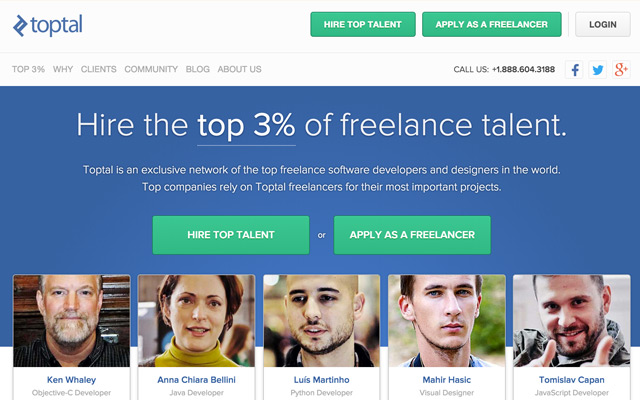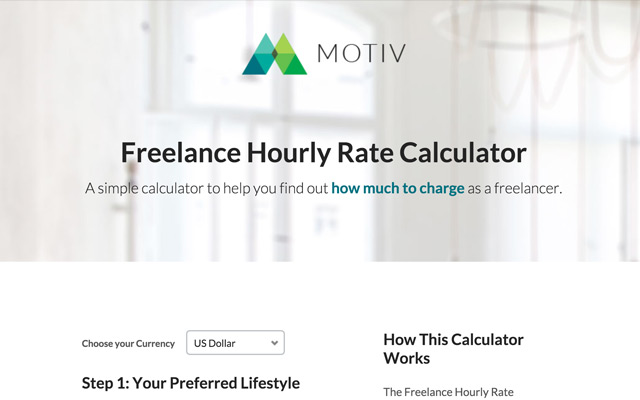Every new freelancer in the field needs to enter with an arsenal to help them through the freelance maze. Below I’ve made a list of FAQs that bright eyed, bushy tailed first timers have when they start work. Without further ado, let’s get right to it!

Who & what is a freelancer?
Merriam-Webster defines a freelancer as a person who pursues a profession without a long-term commitment to any one employer. Being a freelancer means being unattached to any organisation. This gives you the dual benefit of being able to work independently and taking on projects from multiple clients.

Freelancing is usually a one-man show. You are in-charge of finding clients, scheduling projects, receiving feedback, managing accounts and everything that a business entails. So even though being a freelancer mean selling your expertise, you also need to be good with auxiliary tasks you never thought you would do. For instance, effectively following up with clients is not something your ‘skill set’ entails, but as a freelancer you would be smart to learn it.
There is no ‘freelance’ course that you need to do to establish yourself as one of the pack, though you will find advice on freelancing do’s and dont’s on the internet (like this article!).
Question 1: Is freelancing something people do when they can’t find a real job?
Short answer: No!
Long answer: A survey says that 53 million Americans are freelancing. That adds up to 34% of the workforce. Here are some of the main reasons people freelance:
- To have other revenue streams: Freelancing is a good side hustle. Some people already have a job, but find that they have enough time on their hands to put to use making a passive income. Since freelance jobs usually have flexible work time and can be done from home, it fits the bill(and pays them too).
- They love the independence: Being your own boss is one of the reasons freelancing is lucrative. Experts make good money by choosing clients that they want, and being independent.
- Yes, it helps when one is in-between jobs: People who are looking for a long-term employment dabble in freelancing. They do this to kill time productively and make some extra cash.
Question 2: How do I find freelance work?

In the beginning, finding freelance work can be a daunting task. Everyone seems to be talking about freelance opportunities, but where does one find them? There are four ways to go about it:
- Freelancing websites: Many websites have sprung up to bridge the gap between client and freelancer. Upwork, Toptal, LinkedIn ProFinder, Outsourcely and Freelancer are the top websites you should check out to score gigs.
- Networking: Use social media and LinkedIn to tell people you are in the business. Having a strong network makes it easier to find gigs. Many a time a friend who knows someone who knows someone is looking for someone with your exact capabilities! Market yourself in a way that you metaphorically have a giant neon ‘I’m available for hire’ sign over your head.
- Research: Comb through the internet for top companies in your field. If you want to work with them, send them an email (or a Facebook message) asking if they require any freelancers at the moment. It may sound like a bit of a reach but as they say, if you never try, you will never know.
- Job search engines: Your generic job search portals focus on full time employees, but you can try convincing the employers that you can get that they same work value done for a cheaper rate.
Question 3: Should I take up unpaid freelance gigs?
No. Unpaid gigs such as spec work that promise exposure in return are not worth your time. The only unpaid freelance work you should do is for a chairty or yourself, make your portfolio bigger by blogging your creative work and marketing yourself on social media.
Question 4: What kind of rate should I charge?
Every freelancer should get paid what they are worth. It depends on experience, field, and basically how much you think your work is worth versus what the client can afford to pay you.
Test the waters, especially if you don’t have much experience in the field. Here are two ways in which it’s done:
- The client has a fixed rate: Say the client has a hub of freelancers working for his business, they would have already come up with a standard rate sheet.
- You decide the rate: If you are new to the scene, you might not know how exactly to price yourself. The first step is to calculate your rate. Some websites help you decide on a rate based on your expenses and other factors.You can use MotivApp to decide what kind of price you should charge. For design-based freelancers, this questionnaire might come in handy to decide a price.

Question 5: How many projects can I take on at one go?
Only you can be sure how much workload you can handle.
If there isn’t a clause stating you can only work on their project during the time period, it shouldn’t matter to your current client.
As long as you do justice to the client’s work, they shouldn’t mind you having many side projects. Make sure you have a timetable to allot time to each of the projects.
Question 6: What’s the difference between an independent contractor and a freelancer?
These terms are often used interchangeably, but there is a difference. An independent contractor works with one company at a time for an extended and specified period, depending on the contract.
Freelancers are usually not bound by such strict contracts. Contractors tend to work for a long-term with one company where as freelancers come in as a short-term addition to a company.
Question 7: Can I turn this into a long-term career?
Yes. There are success stories of people doing freelancing for the long term. There will be difficulties, but hopefully the rewards will far outweigh them.
Write down your short term and long term goals for freelancing and how you can achieve them. Review your goals after every project and see what you have managed to learn from it.
Hone your skills, your services as well as the way you market yourself. You might just become the next household name in your field.
Question 8: Is it necessary to have a portfolio?

It isn’t necessary but it does help. You are a professional, not a job seeker. Your portfolio is like a business card. Your work should speak for itself. Have a website or blog that showcases your talent and works with other clients (if any).
Social media pages for your work are also a good idea. You can use free spaces like Behance or your own WordPress to showcase your work.
Question 9: Do I need to make a written agreement with every client?
What happens if you have a dispute with the client? What if they deny ever working with you? It could also be the other way around where your work is a no-show and the client can’t hold you responsible. This is why a written agreement is important. Trust is an important part of any business relationship. An agreement is a proof of this trust. It helps relieve any misunderstandings and manage disputes.
In the agreement, here are some of the important parts to keep in mind:
- Scope of work: The boundaries of what you are willing to do.
- Payment amount: The rate that both you and the client have agreed upon.
- Deadlines: State the project completion date that you and the client have agreed upon.
- Number of revisions: Have a set amount of revisions that you are willing to do for free.
Here are some sample agreements for freelancers by Elance.com that you could use.
Conclusion
Freelancing has many unspoken rules, but it’s also a land in which you make up the rules as you go. The above stated answers are the standard practice in the field. but no one will judge you for mixing things up and experimenting. See what works for you and what doesn’t. Trial and error is the best way to take on the big bad world of freelancing!
Hi
I just read your article It’s really helpful for new startups. Thanks for sharing this with us 🙂